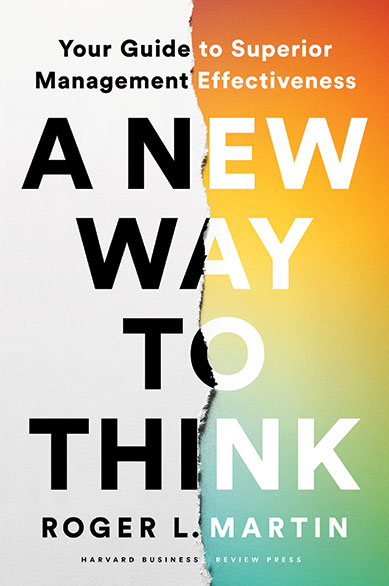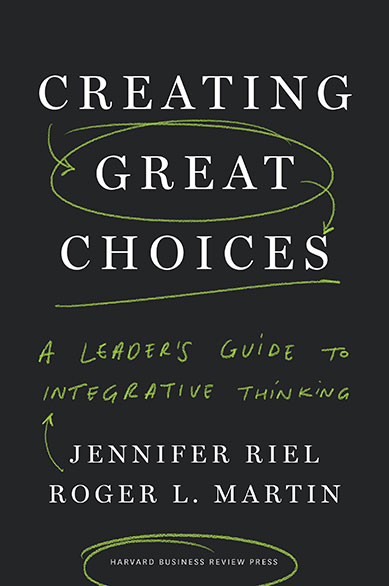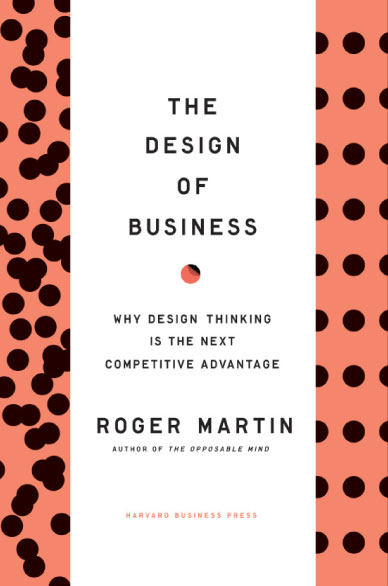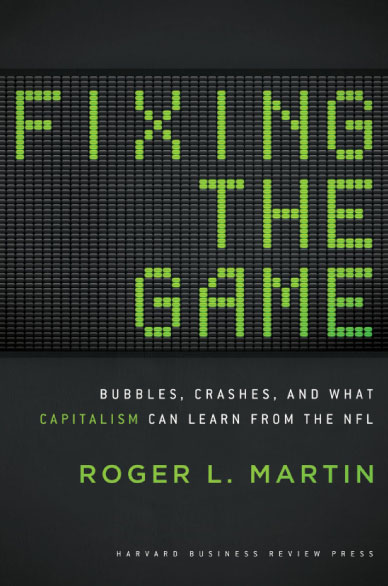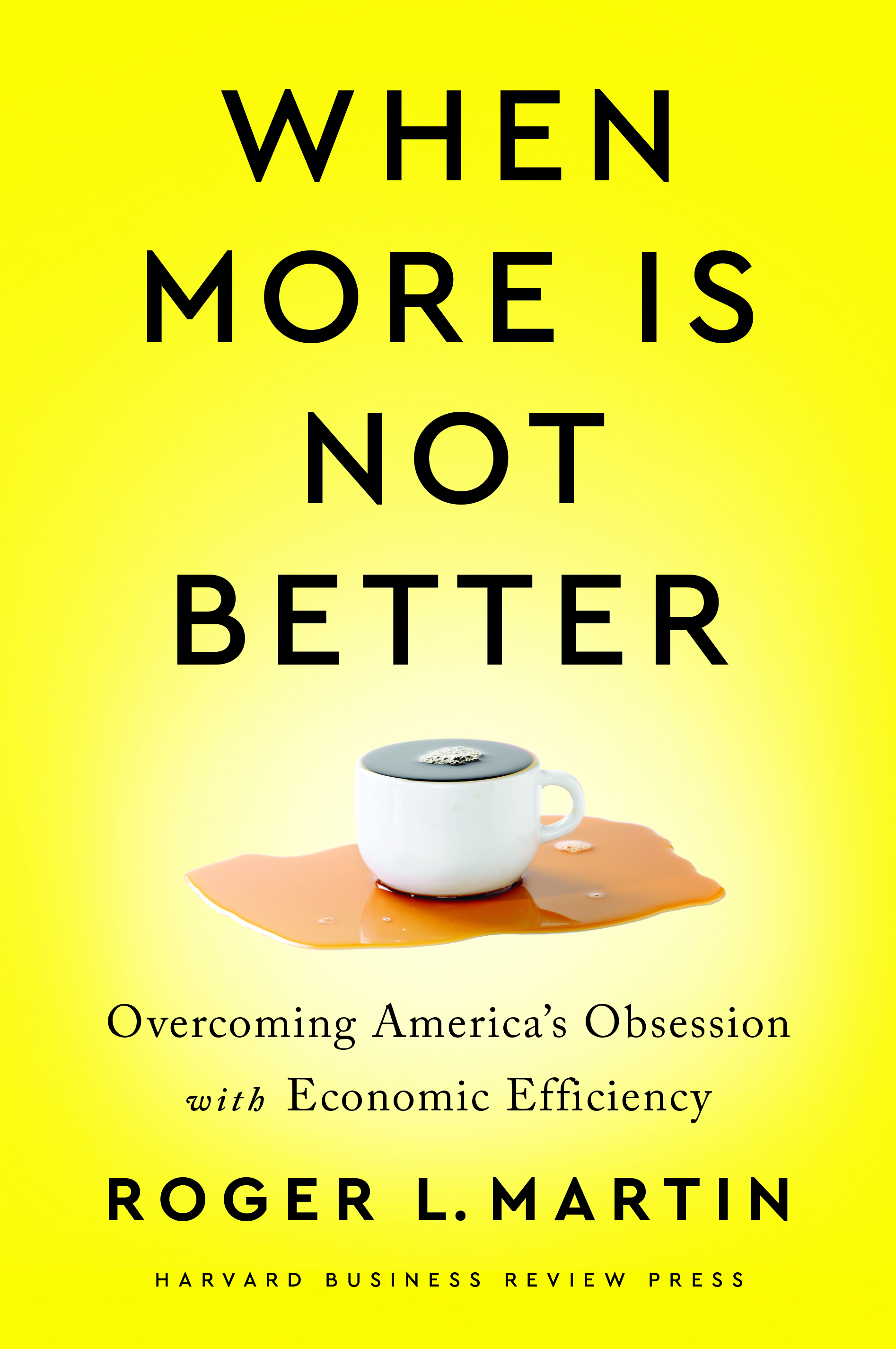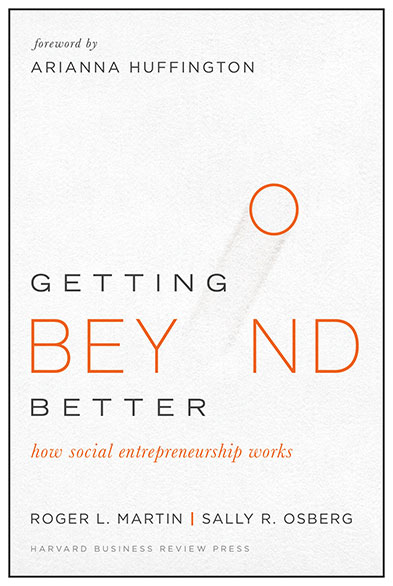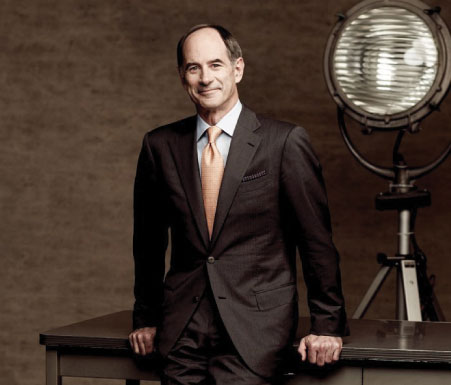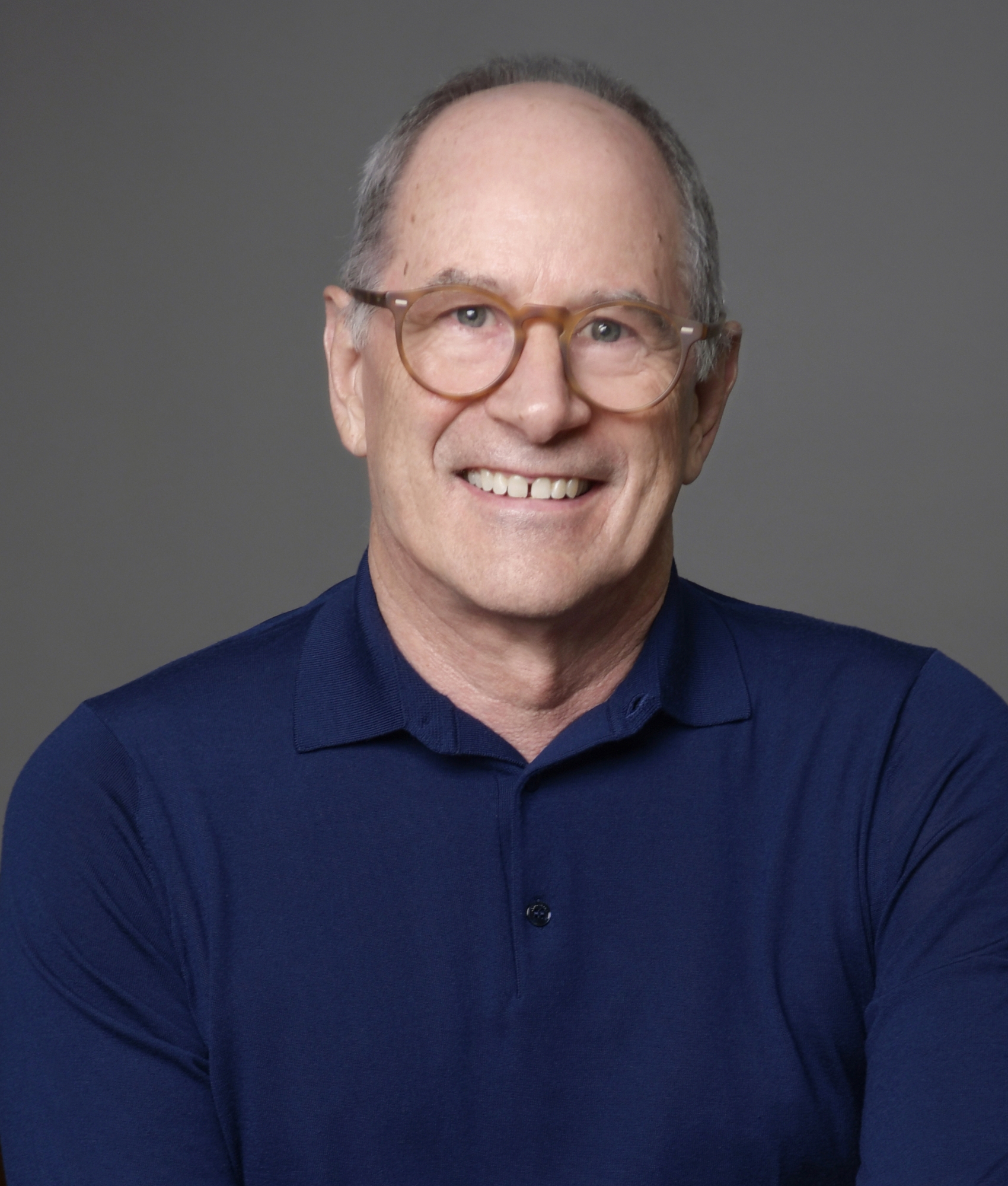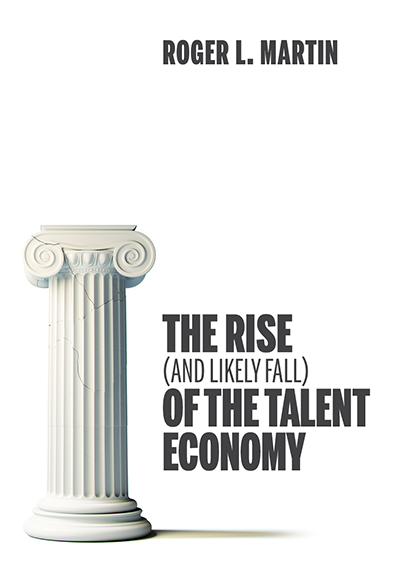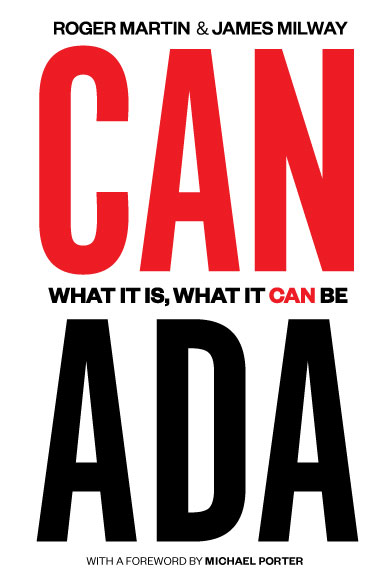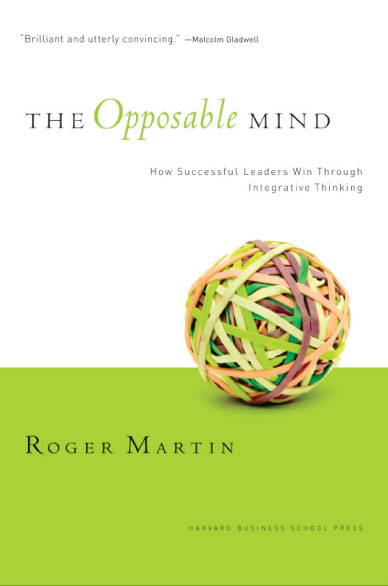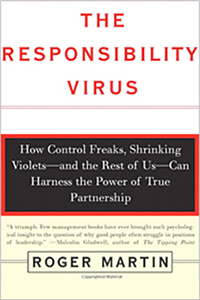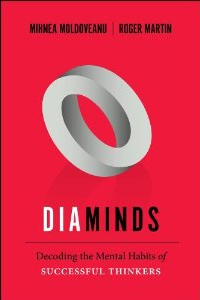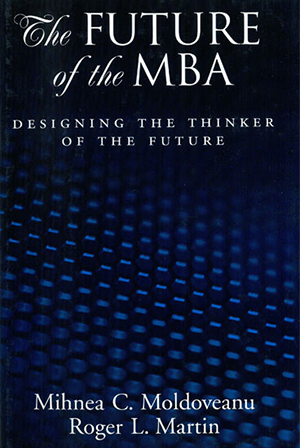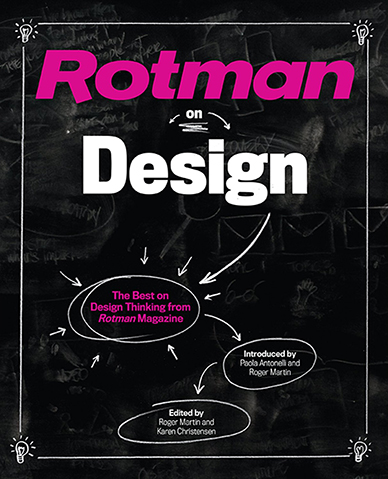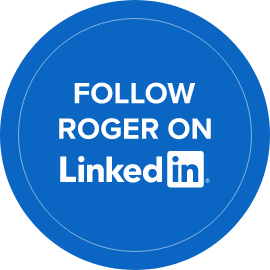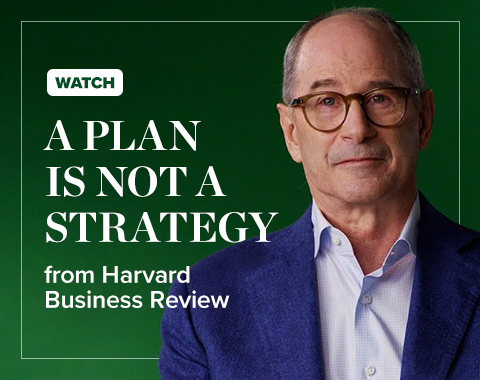For its first 200 years, the American economy exhibited truly impressive performance. The combination of democratically elected governments and a capitalist system worked because the economic life of the average American family got better in the vast majority of those 200 years. But since the bicentenary, growth in the economic prosperity of the average family in America has slowed to a crawl. At the same time, the prosperity of America’s richest families has grown to a level never seen before. This combination of the stagnation of the average family and the enrichment of the richest Americans threatens American democratic capitalism.
When More is Not Better: Overcoming America’s Obsession with Economic Efficiency provides a unique viewpoint on what has changed and why the helpful pursuit of efficiency has turned into a damaging obsession. The consequence is a fundamentally different distribution of outcomes that will get worse not better as a natural consequence of treating the economy as a complicated machine and attempting to maximize its efficiency.
Instead we must recognize that the economy is a complex adaptive system in which we need to seek a productive balance between the pursuit of efficiency and the nurturing of resilience. When More is Not Better lays out productive and practical roles for business executives, political leaders, educators and citizens to bring about this productive balance.
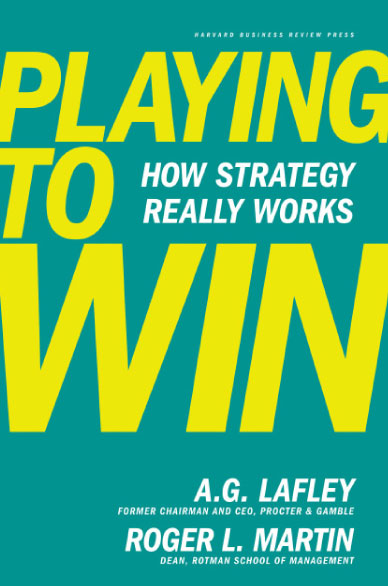 Buy the book
Book roger to speak
Buy the book
Book roger to speak
